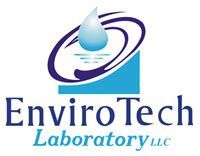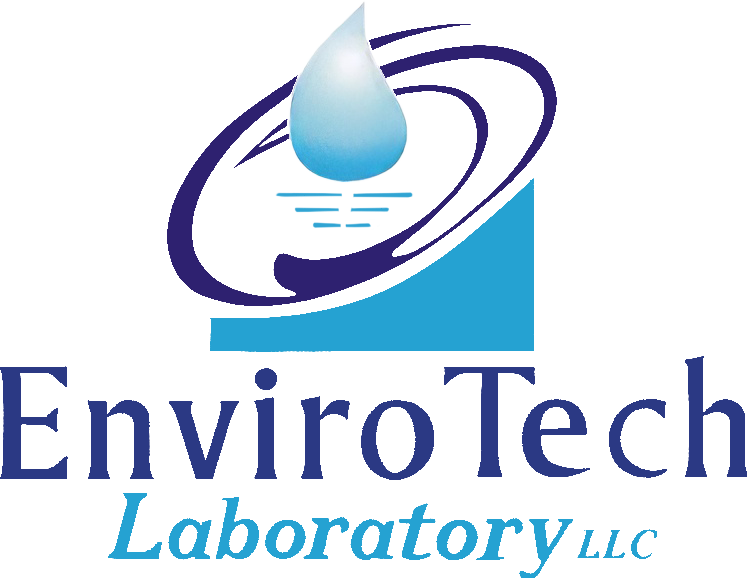Why is EnviroTech Laboratory so popular?
EnviroTech Laboratory is renowned as a leading water testing laboratory because of our commitment to providing accurate and reliable services to our clients. With a history dating back to 1974, we've established ourselves as a trusted water testing laboratory across the Connecticut area. Our expertise in water testing laboratory services caters to a diverse clientele, including homeowners, realtors, and businesses that rely on us for certified water testing, drinking water analysis, and water quality testing. Our state-certified, independent laboratory ensures unbiased assessments, making us the go-to water testing laboratory for those seeking clarity on their water quality. Additionally, we're conveniently located in the Windsor area, making our services easily accessible to residents. Rest assured, at our water testing laboratory, most results are available within two working days. Reach out today to experience why we are the preferred choice for water testing laboratory services in the region! We are committed to being the best water testing laboratory by prioritizing customer satisfaction and community health.
What should I test my water for?
At the very least, your water should be tested for potability. This is the test the State of Connecticut, Department of Public Health, recommends for private well water. Beyond that, at some point, all wells should be tested for radon, arsenic, and uranium, which are naturally occurring. If you live near a source of contamination such as a landfill, manufacturing company, or property using pesticides, further testing may be needed.
What are your business hours?
The lab is open 9 am to 5 pm Monday through Friday. Sometimes we may close to collect water samples. However, samples still may be dropped because they have receptacles located by the front door. Dropping off samples may be done outside of business hours as well.
What forms of payment do you accept?
We accept cash, check, or credit card.
What tests are required for a cottage food license?
The potability test is required for cottage food licenses.
What tests are required for me to renew my day care license?
If the water supply is public and not a private well, then a lead test is required.
What test is required for a brand new well?
If the water test is for a certificate of occupancy permit (CO) required by your local health department, then the potability test, arsenic, uranium, and lead are required for most local health departments or towns. But double-check first; some health departments require more. For example:
How can I get my water tested?
We provide sterilized sampling containers and detailed instructions for sample collection. You can have them mailed directly to you, with prepaid postage for returning the samples to our lab. Alternatively, you can pick up and drop off containers at our Windsor location, accessible 24/7. For a hassle-free experience, we also offer sample collection services for a fee. Once we receive your samples, expect results typically within two working days. Contact us to get started on your water testing today!
What is the recommended level for odor in well water?
There is no MCL (Maximum Contamination Level) for odor, but levels below 2 are recommended. Good well water should be free of odor, and it is measured on a scale from 0 (none) to 5 (strong).
What is turbidity, and what level is recommended?
Turbidity measures particles in water, often indicating iron. There is no MCL, but levels below 5 are recommended.
What is the acceptable pH range for well water?
The recommended pH range is 6.4–10.0. A pH below 6.4 is considered acidic and may cause pipe corrosion.
What does high color in water indicate?
There is no MCL for color, but levels below 15 are recommended. High color usually indicates the presence of iron.
What is nitrite nitrogen, and what is the MCL?
Nitrite nitrogen has an MCL of 1.0 mg/L. It is an intermediate breakdown product of organic matter.
What is nitrate nitrogen, and why is it important?
Nitrate nitrogen has an MCL of 10.0 mg/L. Levels above this are harmful to infants. Pregnant and nursing mothers should consult a physician.
What is the MCL for chloride in water?
Chloride has an MCL of 250 mg/L. High levels may cause a salty taste, increase corrosion, and indicate high sodium levels.
What is hardness in water, and what levels are considered high?
Hardness measures calcium and magnesium. Levels over 100 mg/L are considered hard, and levels over 250 mg/L are very hard, which can cause scaling and reduce soap efficiency.
What is the recommended level for iron in water?
There is no MCL for iron, but levels above 0.3 mg/L may stain laundry and fixtures. Iron occurs naturally in water due to local geology.
What is manganese, and when should action be taken?
Manganese has no MCL, but action should be taken if levels are equal to or above 0.5 mg/L. Staining can occur at levels above 0.05 mg/L, and long-term exposure to high levels may cause health issues.
What is sulfate, and what are the effects of high levels?
Sulfate is a naturally occurring substance. Levels above 250 mg/L may cause a bitter taste and a laxative effect, which usually subsides over time.
What is sodium, and what is its notification level?
Sodium has no MCL, but a notification level of 28 mg/L is established for people on low-salt diets. High sodium levels may increase water corrosiveness.
What is total coliform bacteria, and why is it important to test?
The MCL for total coliform bacteria is zero. Its presence may indicate contamination from septic systems or surface water entering the well.
What are VOCs, and why should they be tested?
VOCs (Volatile Organic Compounds) are contaminants like industrial chemicals. Testing screens for 58 compounds identified by the EPA and Connecticut State Department of Health.
What does MCL mean?
MCL stands for Maximum Contamination Level, the highest permissible level for a contaminant in drinking water set by regulatory agencies.
What is radon in water, and what action level is recommended?
Radon in water has an action level of 5,000 pCi/L. High levels can release radon gas into the air during activities like showering, increasing inhalation exposure.
How are water test results reported?
Results are given in mg/L (milligrams per liter), equivalent to ppm (parts per million).

